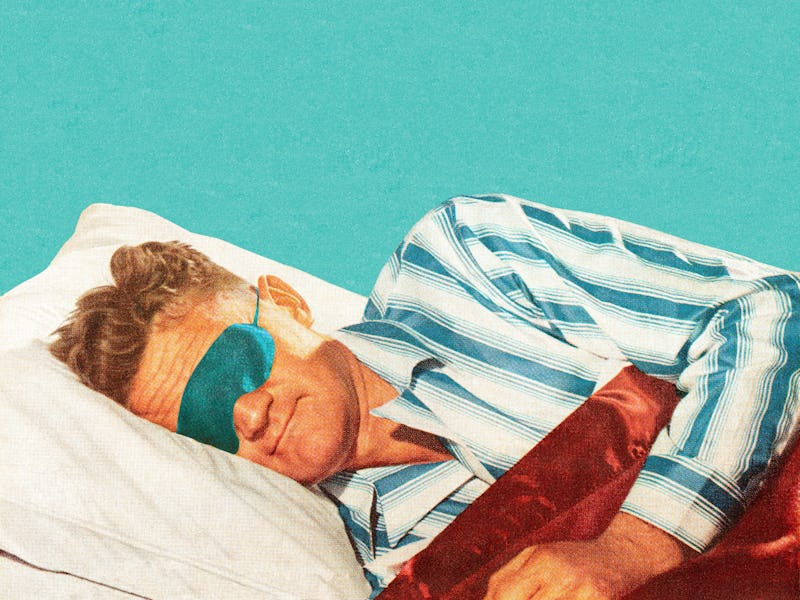Smart clock vs. body clock
In this episode, we explain how the latest science can offer crucial new paths to a good night's sleep.

Nationwide surveys show more than one in five Americans are sleeping worse now than before the pandemic. Research also says a third of young people are facing elevated stress, with too much "screen time" as a contributing factor. It turns out, the antidote to both these problems has been here all along — it just had to get smarter.
One smart alarm clock could save us from device overload. (Not to mention those bright blue lights that drain us of the melatonin we need to sleep.)
As “coronasomnia” continues to keep Americans up at night, experts look to our own biological clocks for clues that could lead to more shut-eye. New research on the body clock pinpoints the different sleeping patterns between men and women. It suggests understanding how we slumber could be the first step toward better health.
In this episode of The Abstract, we explain how the latest science can offer crucial new paths to a good night's sleep.
Our first story is about how smart clock technology can relieve daily stressors and help soothe anxiety. Offering less screen time and more sleep quality, devices like Lenovo’s Smart Clock Essential could be the answer to saving your mental health at night.
Our second story is about the body clock science that explains why women and men sleep differently — and the potential consequences these differences have on human health. Based on these findings, researchers offer new clues on how the circadian rhythm influences how we work, travel, and, of course, sleep — without us ever knowing.
Read the original Inverse stories:
- A smart clock saved my mental health at night. Can its successor?
- Body clock science explains why women and men sleep differently
Where to find us:
- Subscribe to The Abstract wherever you listen to podcasts: iTunes | Spotify | TuneIn | RadioPublic | Stitcher
- Follow Nick Lucchesi on Twitter
- Follow Sarah Sloat on Twitter
- We're hosted and produced by Tanya Bustos
—
Right now, facts and science matter more than ever. That's part of the reason for The Abstract, this all-new podcast from the Inverse staff that focuses exclusively on science and innovation. Three new episodes are released a week, and each covers one theme via two related stories. Each features audio of original Inverse reporting, where the facts and context take center stage. It's hosted by the Tanya Bustos of WSJ Podcasts. Because we're Inverse, it's all true but slightly off-kilter. It's made for people who want to know the whole story. —Nick Lucchesi, executive editor, Inverse